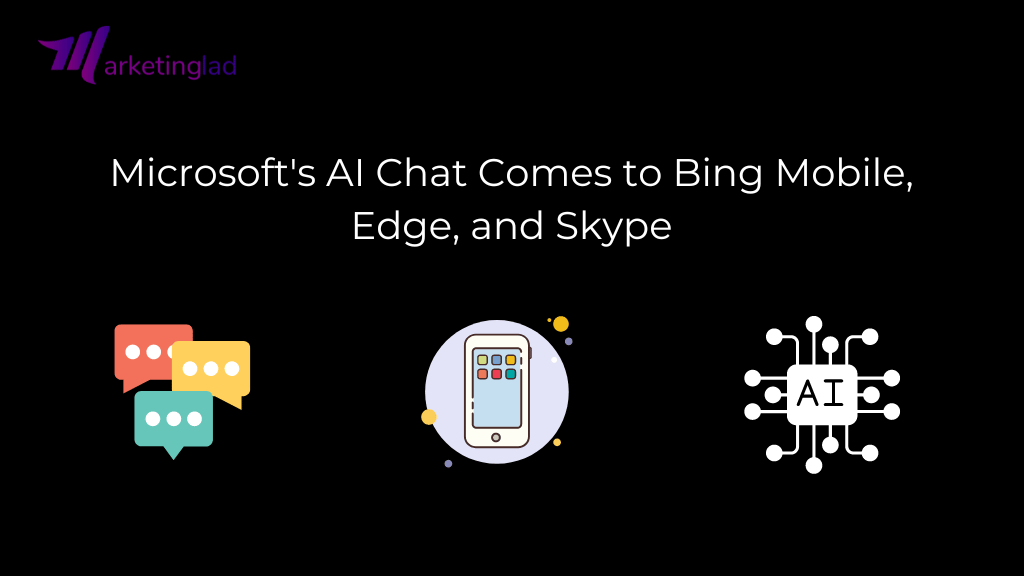Microsoft is moving forward with its ChatGPT integration, launching new versions of Bing, Edge, and Skype that all integrate components of ChatGPT, expanding access to the new generative AI process, despite growing worries about false information and different perplexing interactions with the AI system.
According to Microsoft:
“Two weeks ago, we unveiled the brand-new, AI-powered Bing and Microsoft Edge, your web copilot. Since then, more than one million people in 169 countries have been added to the preview off the waitlist as a result of significant and favorable product feedback and participation”.
“We keep reaching more people every day with the preview. The variety of new features across Search, Answers, Chat, and Creativity are being actively used by our preview community, which has resulted in a considerable increase in overall engagement. 71% of testers gave the new Bing a “thumbs up” for its search and answers skills, indicating that they were satisfied with the new features”.
Microsoft is seizing the moment as Bing receives the most attention it has in years with the release of new Bing and Edge mobile apps that integrate AI.
The Bing mobile app, which is currently available on iOS and Android, offers a new appearance and experience.
When you tap the Bing icon at the bottom, a chat session will open where you may participate in all the same ways as on a desktop. Ask basic or difficult queries to get responses and references. Select from text, bullet points, or simplified answers how you want your answers to be displayed.
To better your search, or to write an email, poem, or list, explore the Bing chat experience.
Microsoft is also integrating Bing, an AI-powered search engine, into Skype, giving users another method to access its recent AI features as it works to quickly refine the choice.
Numerous experts have expressed reservations about ChatGPT’s initial rollout and the increased usage of AI tools like this, at least until we fully grasp the repercussions of doing so.
However, in most cases, the problems stem from the fact that we are unsure of what will happen once these tools are fully developed and how that will affect wider information flow and understanding. Some of those worries resemble doomsday scenarios where AI will become sentient and overthrow humanity.
What if the situation is made worse if AI models are re-learning based on false examples as a result of false information being distributed by AI tools and then repeated?
The information that these technologies may present, such as conspiracy theories presented as fact, is another area of concern. The system can lose its grip on a number of edges, and it appears that we are still unsure of what the potentially wide-ranging effects might be.
Yet, as Microsoft points out, interest is great, therefore the time to seize this opportunity and put pressure on Google in the search arena is now.

Will that improve my internet experience? We don’t know, and we won’t know for a while. Maybe, probably.
It may seem dangerous, but it is undoubtedly taking place, and you will now have more access points for and opportunities to use these new tools in your daily work.
It’s an important subject to keep an eye on, particularly for those trying to understand how important usage trends affect attention.





